WHAT IS FOREX
AND HOW
DOES IT WORK?
Throughout history, we have seen the evolution of trading – be it the exchange of one material to another and many other forms. This constant change in the types of trading forms available hasn’t stopped. Another form of trading, which has grown in popularity over the last 50 years, is forex trading. Whether you have heard of it or not, either way, you will ultimately understand what forex is, how it works, the benefits of trading it, and how you can start trading it with us at LegacyFX.
WHAT IS FOREX?
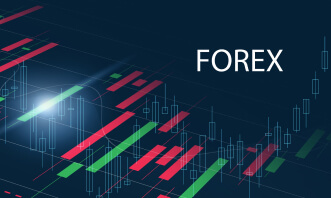
Forex simply means foreign exchange. It comprises buyers and sellers who deal in the exchange of currencies at a predetermined price. These buyers and sellers can be central banks, companies, or even individuals.
Forex trading is more common than many believe as it is used in even the simplest of daily transactions. For instance, if you want to travel to Japan from the United States, you can’t use your US dollar in Japan as they use the Japanese yen. Therefore, you have to change your US dollar to the equivalent Japanese yen before you can travel to and buy anything in Japan. This process of changing money from one currency to another is known as forex.
Although various foreign exchanges take place for practical reasons, the majority of these currency conversions are done with the intention of generating a profit from either the buying or selling of a currency.
HOW DOES
FOREX TRADING WORK?
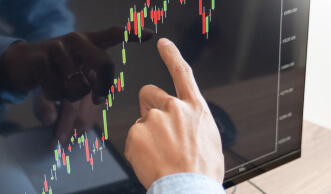
Before diving into how forex trading works, it is important to understand how the forex market itself works. Unlike commodities or shares, forex trading takes place between two parties instead of exchanges. The individuals involved carry out their transactions using an over-the-counter market. Interestingly, the market is a remote market, which is operated by worldwide networks of banks, using different trading sessions with different time zones. Major foreign exchanges include the ones located in Tokyo, Sydney, London, and New York. What makes this particular market interesting is the fact that it doesn’t have a central location like other traditional markets or banks and operates on a 24-hour basis.
The Forex Market Consists of Three Types:
- Spot Forex Market – This market involves the immediate physical exchange of different currency pairs on the spot.
- Forward Forex Market – This involves a contract, which details a sell or buy order of a particular currency at a specified price. These contracts are usually settled at a predetermined future date.
- Future Forex Market – In this market, a sell or buy contract of a determined amount of a particular currency under a specified price and date in the future is formulated. The primary difference between a forward and future market is that the latter is legally binding.
As one can see, you can trade forex in different ways. However, they all follow the same concept of buying a particular currency while selling another. Traditionally, numerous forex transactions have taken place through forex brokers. However, the recent increase in online trading popularity has given traders the benefit of forex price movements through derivatives such as CFD (Contracts for Difference).
BASE AND QUOTE CURRENCIES
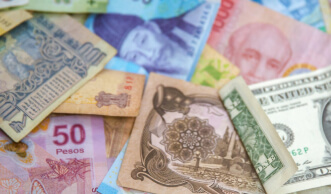
Since forex involves buying one currency and selling another, they usually come in pairs. Common currency pairs include EUR/USD, GBP/USD, AUD/JPY, CAD/JPY, AUD/USD, etc. The currency on the left-hand side is called the base currency, whereas the one on the right is the quote currency.
Let’s use the GBP/USD forex pair as an example. If the current price is 1.24810, that means that the worth of 1 Pound is 1.24810 US dollars.
If the pound price rises against the dollar, then the pound will have more value than the dollar, which will give rise to an increase in how many dollars are required to buy one pound. However, if the pound drops, the price of the pair will also decrease.
Here’s A Secret – if after looking at the market you think that the base currency (in this case, the pound) will increase when compared to the quote currency (US dollar), then the best option is to buy the pair. However, if the reverse is the case, your option will be to sell. This is the same concept applied when you hear traders saying they are “going long” or “going short,” which means buying or selling, respectively.
WHAT MOVES THE MARKET?
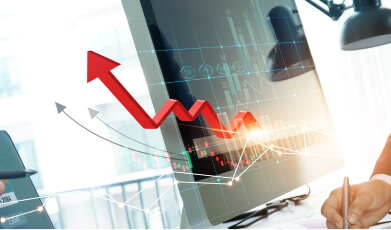
Another important question to ask is what controls the market? This question is important as it helps traders decide whether to buy or sell. The forex market is composed of currency pairs from around the world. Therefore, it is difficult to predict what can occur in this market, as many factors contribute to its price movements. However, there are certain things that can help one know the particular direction of the market.
These Include:
- Central Banks – The supply of forex is regulated by global central banks. They are responsible for announcing measures that will affect the price of a particular currency. For instance, when the Federal Reserve of the United States of America decides to inject more money into the economy, this causes the USD price to drop.
- Recent News Events or Reports – Investors and commercial banks look for economies with a strong outlook. Nobody wants to invest in something that does not have good prospects. Therefore, important and positive news about a particular region can influence investments, which will help increase the demand for its currency.
- Economic Data – This data is important to the movement of price between two currencies for two major reasons. Firstly, it provides insight into future actions of a central bank, and secondly, it offers investors insight into how the economy is performing overall.
BENEFITS OF TRADING FOREX
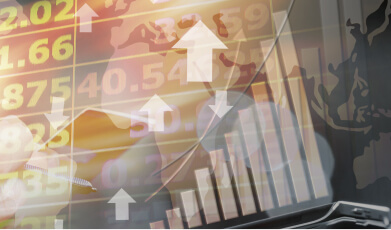
Trading forex in general, and especially with LegacyFX, comes with numerous benefits for both investors and sellers alike.
Such Benefits Include:
- No Commissions – With LegacyFX, you don’t have to pay clearance fees, government fees, brokerage fees, or exchange fees when trading forex. When compared to our traditional business where individuals must pay certain fees, this makes forex a great option for many investors.
- Minimal Transaction Cost – The transaction cost for most forex trades is usually below 0.1%
- No Intermediaries Needed – You don’t need to issue trades through a central bank or regulatory authority.
- 24/7 Market – One distinctive feature of the forex market is the fact that it is always open. From Monday to Friday, the market is open 24 hours a day. This allows you to always make money no matter the hour or your location.
- Leverage – Most importantly, forex trading allows traders the benefit of investing a small deposit amount while harnessing a bigger contract value. For instance, with $100 in your account, you can perform trades worth $5,000, depending on the leverage you choose.
What about the disadvantages of trading forex? Well, the primary disadvantage is not knowing how to trade. This, however, is easily resolved through our educational materials via our Learn tab. Another disadvantage lies in the potentiality of losing your hard-earned or invested capital. Please visit our Risk Disclosure Statement and Risk Warning for more information on this.
Conclusion

The forex market is a competitive market where traders trade assets such as commodities, bonds, and stocks. The particular strategy employed will determine if you will make a profit or not. With a basic knowledge of the market and the various technical analyses, you can improve your profitability every day.
However, it is always advisable to begin your trading career using an account. Once you consistently make a profit, you can set higher by using a real account. Remember, you can wipe your account with a single trade. Therefore, ensure to trade wisely.



 Continue
Continue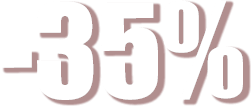 on Gold & Platinum
on Gold & Platinum
